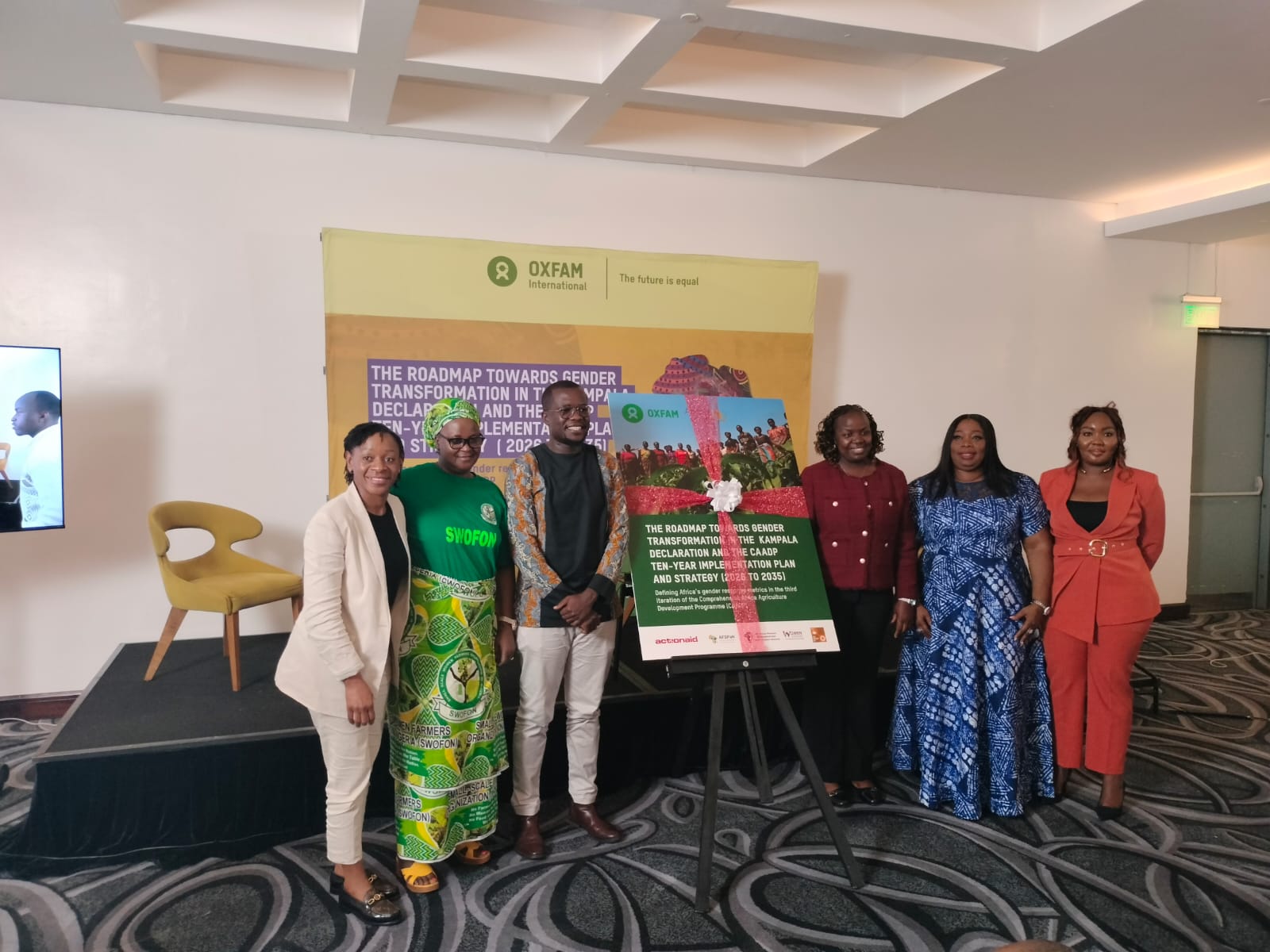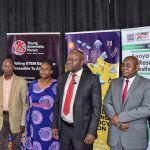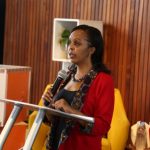Oxfam International and its partners unveiled the Gender Analysis Report for the Comprehensive Africa Agriculture Development Programme (CAADP) on19 March 2025 in Nairobi. The report, developed in collaboration with various stakeholders, seeks to tackle the deep-rooted gender disparities that have long limited women’s participation and benefits in the agricultural sector.
The event brought together government officials, non-governmental organizations, and international partners to discuss the persistent challenges women face in agriculture and to explore strategies for overcoming them.
Jackline Makokha, Director of the Gender Mainstreaming Directorate at Kenya’s State Department for Gender and Affirmative Action, emphasized the vital role women play in agriculture. “Agriculture is a cornerstone of Kenya’s economy, and women make up a significant portion of the workforce. Yet, they continue to face systemic, cultural, and economic barriers that restrict their access to resources and decision-making,” she said.
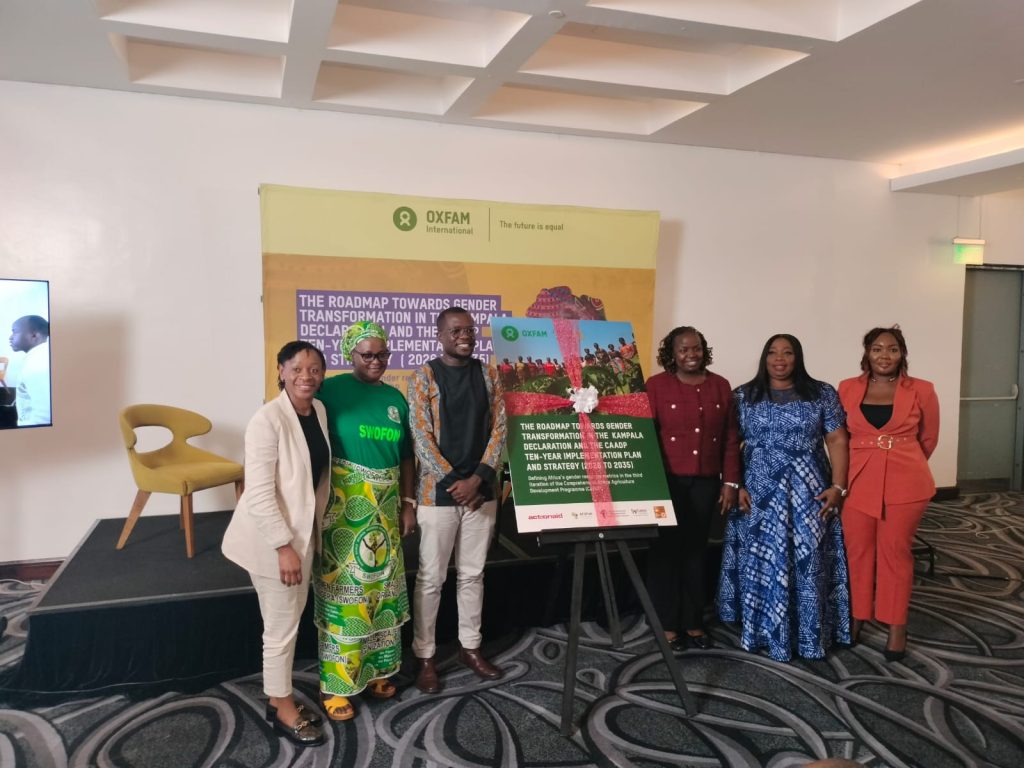
Makokha pointed out that despite existing policies promoting gender equality, women often lack ownership of agricultural land and access to financial resources. These challenges are further exacerbated by cultural norms that favor men in decision-making and economic opportunities.
She called for the effective implementation of affirmative action policies to support women’s involvement in agricultural enterprises and government procurement opportunities.
The CAADP program, launched in January 2025, outlines a 10-year development strategy from 2026 to 2035 aimed at enhancing food security and sustainable agriculture across Africa.
Wanjiku Wanjohi, Senior Gender Advisor at Oxfam, highlighted the need for a gender-responsive framework aligned with continental commitments like the Maputo Protocol and the African Union Gender and Women’s Strategy. “There is a misalignment between pan-African gender perspectives and the CAADP framework.
Our goal is to address evolving issues affecting African women in agriculture, including the impacts of climate change and limited access to productive assets,” she explained.
Wanjohi stressed that while progress has been made in recognizing gender issues at the policy level, more action is needed. “African governments must allocate budgets for gender-focused initiatives and establish dedicated funding to empower women in agriculture,” she added.
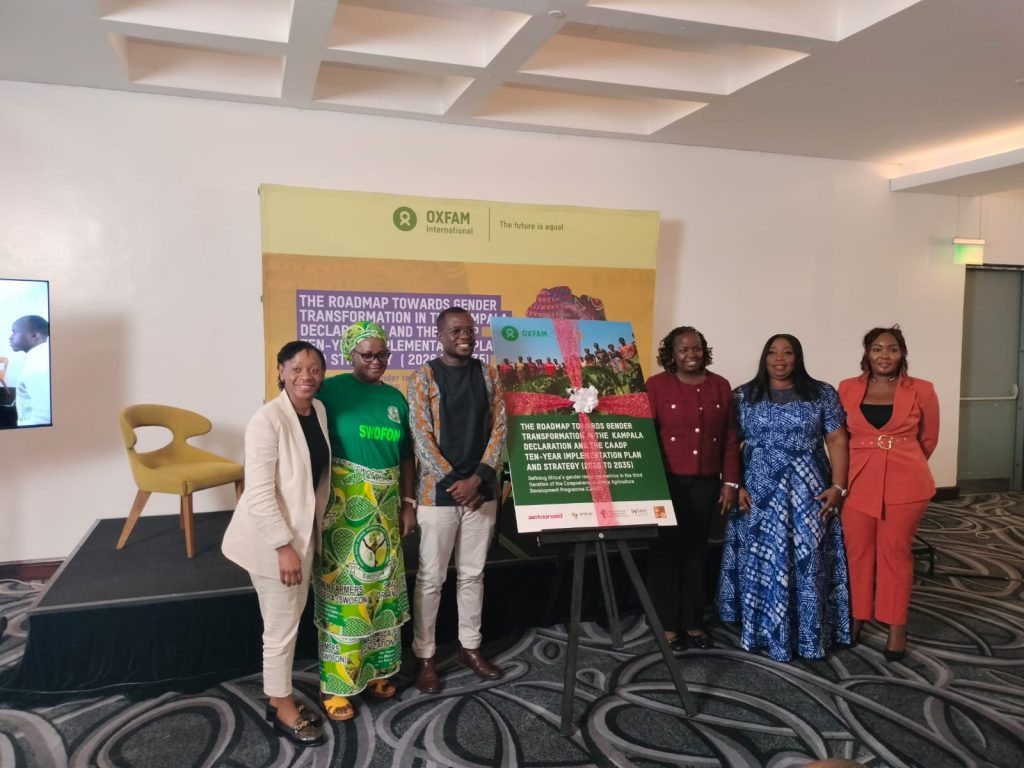
The report also sheds light on the devastating effects of climate change on African women farmers. As key players in agricultural value chains, women not only produce food but also serve as retailers, distributors, and consumers. However, climate-related challenges have worsened food quality and increased vulnerabilities, especially when women lack access to land and water resources.
The development of the report involved a collective effort from grassroots women’s rights organizations, international development partners, and regional networks. “This report reflects a comprehensive agenda that incorporates perspectives from across Africa,” Wanjohi noted.

